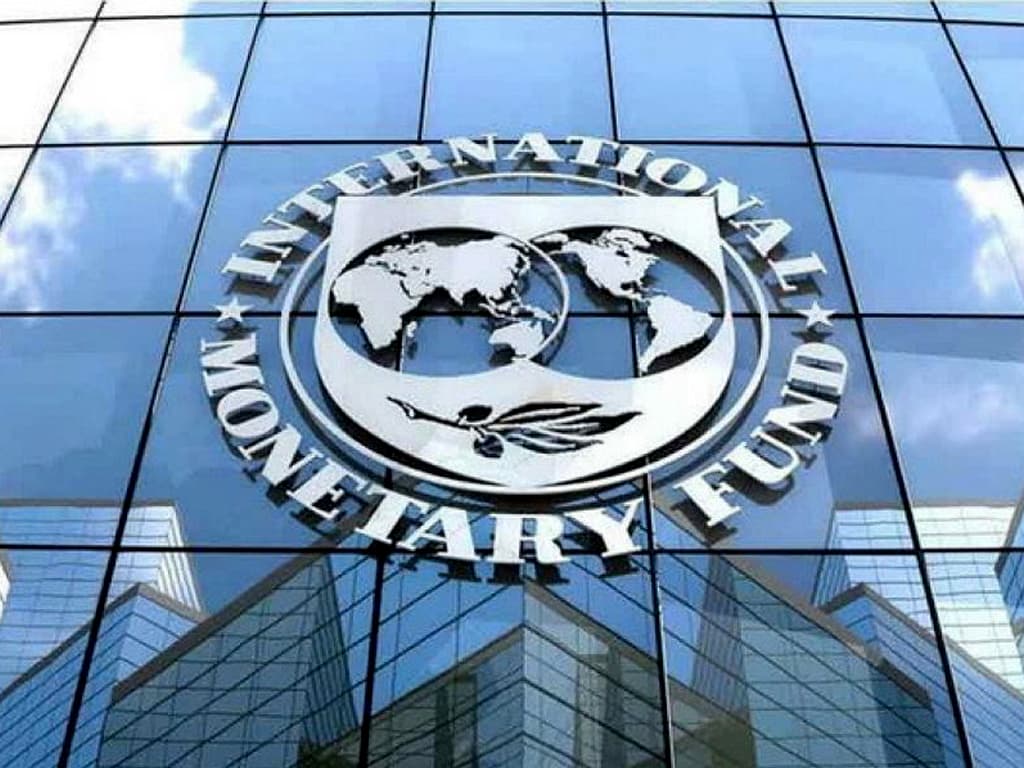
DHAKA, Oct 02, 2024 (BSS) - The International Monetary Fund (IMF), in collaboration with other development partners - the World Bank, Asian Development Bank (ADB), USAID, and the UK's FCDO - is assisting the task force formed by Bangladesh Bank (BB) to address vulnerabilities in the financial sector.
"The IMF, which has been a steadfast partner of Bangladesh for more than 50 years, provides financing assistance, policy advice and capacity development," said IMF Mission Chief for Bangladesh Chris Papageorgiou.
The IMF mission team led by Chris Papageorgiou visited Dhaka on September 24-30 to discuss recent developments and the authorities' reform priorities.
The central bank has formed a task force for banking sector reform, with six experts on the financial sector as members of the taskforce.
The members are special envoy to the chief adviser on international affairs Dr Lutfey Siddiqi, former central bank deputy governor Muhammad A (Rumee) Ali, chairman of BRAC Bank PLC Meheriar M Hasan, former lead economist of World Bank's Dhaka Office Dr Zahid Hussain, vice chancellor of ZNRF University of Management Science Professor Dr M Zubaidur Rahman and Partner of the Hoda Vasi Chowdhury & Co Sabbir Ahmed, FCA.
BB Governor Dr Ahsan H Mansur is serving as the coordinator of the taskforce.
Apart from taking different measures to reform the banking sector, the taskforce will also publish a white paper.
Talking to BSS, Chris Papageorgiou said immediate priorities should be focusing on accurately estimating Non-Performing Loans (NPLs) using international standards and developing a suitable plan to reduce these.
NPLs, which are loans that are not being repaid, put significant pressure on the financial sector by reducing the funds available for new loans thereby increasing the risk of financial instability, he added.
He mentioned that conducting an asset quality review, establishing a banking recovery and resolution framework, in line with international best practices, are essential steps in addressing these problems.
Furthermore, implementing risk-based supervision, enhancing corporate governance, accelerating reforms to the regulatory framework, and enhancing the independence of the central bank should bolster the institutional and regulatory environment for lasting financial stability, he said.
The mission chief also laid emphasis on developing the domestic capital market to mobilize long-term financing to support growth.